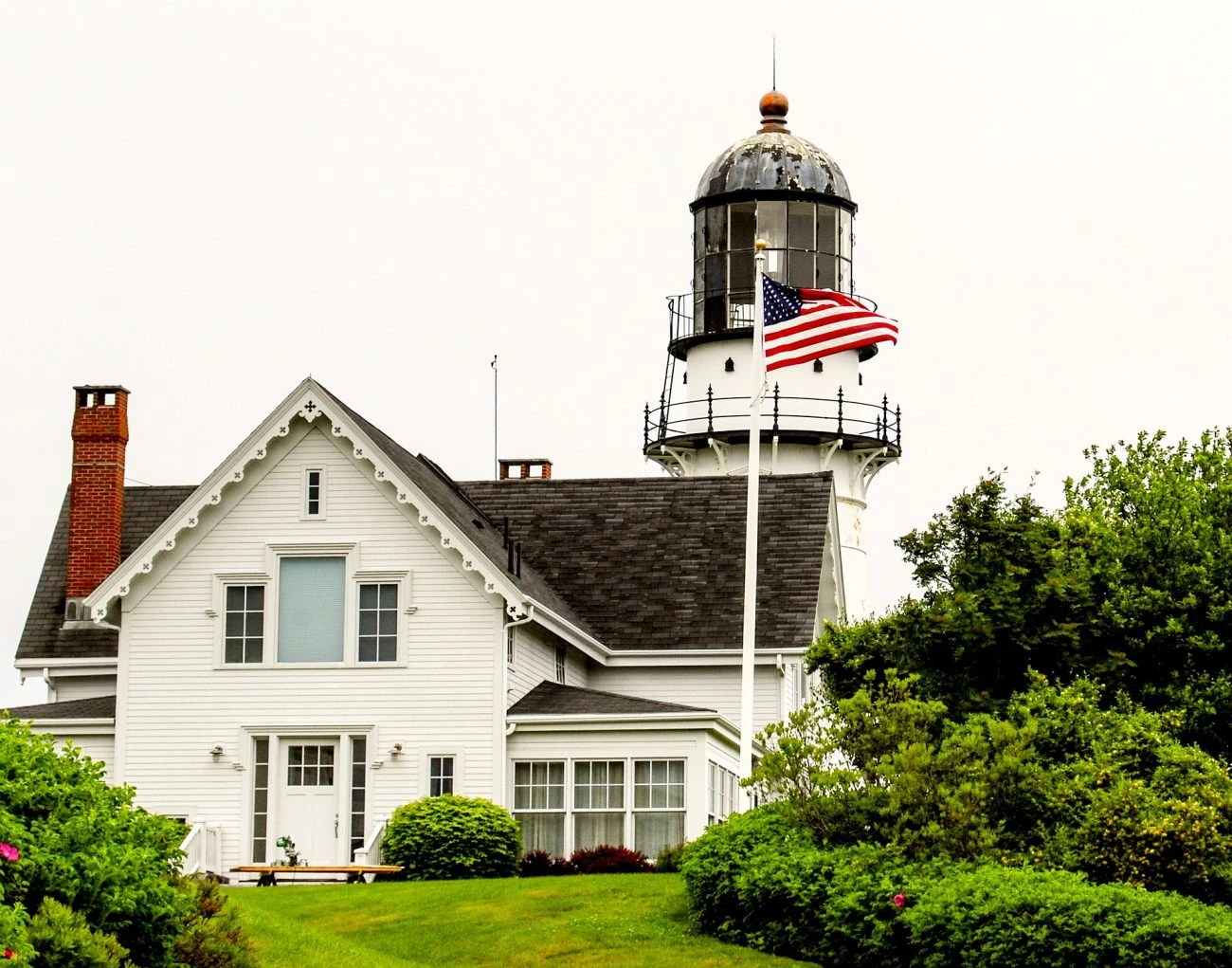Maine sports betting revenue bounces back despite handle dip in April

Adjusted gross receipts from sports betting in April was comfortably higher than $2.7m in March. Incidentally, March’s total was the lowest monthly amount since Maine launched legal sports wagering in November last year.
Maine calculates adjusted gross receipts by subtracting voided and cancelled bets, federal excise tax and player winnings from handle. Void bets in April totalled $173,638, with federal excise tax at $93,326, and player winnings $33.9m.
The revenue increase came despite a 19.5% drop in total handle to $38.3m. Players in Maine wagered $47.6m in March, a monthly record for the state.
DraftKings out in front in Maine
At present, sports betting is only available through two licensed operators in Maine: Caesars and DraftKings. To date, DraftKings has eclipsed Caesars, drawing significantly more wagers and turning a much higher revenue.
In April, DraftKings, partnered with the Passamaquoddy tribe, generated $3.8m in adjusted gross receipts. This came after players wagered $31.6m through the partnership.
Turning to Caesars, the operator is working with three Wabanaki nations: the Houlton band of Maliseet Indians, Mi’kmaq nation and Penobscot nation. Caesars posted $342,841 in adjusted gross receipts during April from $6.7m in bets.
As for the calendar year to date, adjusted gross receipts in Maine for the four months to April stands at $16.5m. Players have wagered a total of $157.8m.
Maine misses out on online casino
Despite the recent introduction of legal sports betting, Maine had no such success in also launching online casino.
Talks were ongoing with tribes to roll out online casino in the state, with a bill having been put forward to pave the way to a legal market.
However, last month, the bill was declared all-but dead. In an unusual move, after the bill tribes failed to pass the house, it was still moved over to the senate. A day later, the senate declined to pass the proposal and then voted to table the issue.
This meant it could technically revisit the bill before the end of the session. However, the bill eventually died between houses in mid-April.
